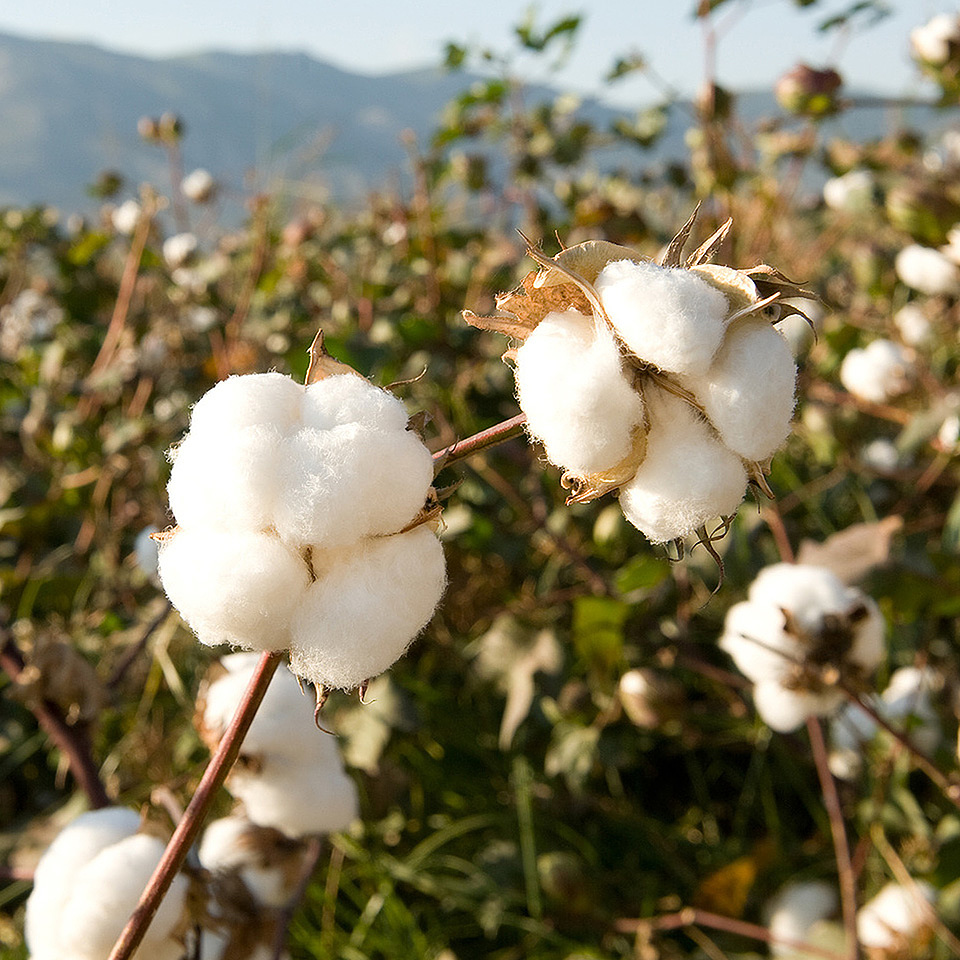
Unveiling the Uniqueness: Exploring the Varied Sensations of 100% Cotton Shirts
When it comes to clothing, few fabrics can match the timeless appeal and comfort of 100% cotton shirts. However, have you ever wondered if all cotton shirts feel the same? In this article, we delve into the intriguing world of cotton shirts and uncover the factors that contribute to their diverse sensations. From fabric weaves to finishing techniques, join us on a journey to understand the nuances of 100% cotton shirts.
- The Fabric Weave:
The weave of a cotton shirt plays a crucial role in determining its texture, breathability, and overall feel. Different weave patterns, such as plain weave, twill weave, and satin weave, create distinct characteristics. Plain weave, for instance, results in a balanced, lightweight fabric with a smooth surface. Twill weave, on the other hand, produces a diagonal pattern and a slightly heavier fabric. Satin weave imparts a luxurious sheen and a soft, silky touch. By understanding the weave, you can choose a cotton shirt that aligns with your preferences. - Thread Count and Density:
Thread count refers to the number of threads per square inch of fabric. While it is commonly associated with luxury bedding, it also affects the feel of cotton shirts. Higher thread counts generally result in a smoother, softer fabric. However, thread count alone does not determine the overall quality, as factors like yarn quality and finishing techniques also come into play. Additionally, the density of the fabric, which refers to the tightness of the weave, influences the weight and durability of the shirt. - Yarn Quality and Finishing Techniques:
The quality of the cotton yarn used in a shirt greatly impacts its feel. Long-staple cotton, such as Egyptian or Pima cotton, is known for its superior softness and durability. These premium cotton varieties often result in shirts that feel exceptionally smooth and luxurious. Furthermore, the finishing techniques applied to the fabric can enhance its texture and performance. Processes like mercerization and enzyme washing can add luster, strength, and a unique hand feel to the cotton shirt. - Fabric Treatment and Pre-Shrinking:
Cotton shirts undergo various treatments during manufacturing, which can affect their feel. Some shirts are treated with chemical finishes to enhance wrinkle resistance or moisture-wicking properties. While these treatments can alter the fabric's characteristics, they may also impact the natural breathability and comfort of the cotton. Additionally, pre-shrinking processes ensure that the shirt maintains its shape and size after washing, contributing to a consistent feel over time.
Conclusion:
In conclusion, not all 100% cotton shirts feel the same. The fabric weave, thread count, yarn quality, finishing techniques, fabric treatment, and pre-shrinking processes all contribute to the unique sensations experienced when wearing a cotton shirt. By understanding these factors, you can make informed choices when selecting a cotton shirt that aligns with your desired comfort, style, and durability. Embrace the diversity of cotton shirts and indulge in the pleasure of finding the perfect one for you.


Average Rating